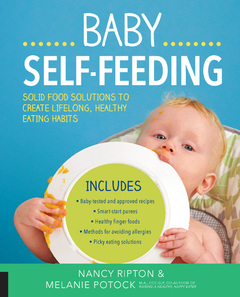Temper Tantrums By Age – How to Deal

Acting out at age one can be very different from the screaming sessions that occur a year later. Here's how to handle temper tantrums at all ages:



Acting out at age one can be very different from the screaming sessions that occur a year later. Here's how to handle temper tantrums at all ages:

While it's fun to track the stages of baby development (see baby development chart at end of this article), you shouldn't obsess if your child is a week or two late in getting to one. "A baby development chart is based on averages and should be used as a general guide," says Pam Schiller, an early childhood consultant. Baby milestones are there to raise awareness about your baby's development. The most important thin in monitoring your baby's development are "windows of opportunity," which are the periods of time when your child is most ready to acquire certain skills.

What new mom hasn’t wished her baby could just tell her what she needs? Well, it turns out your baby can talk. The problem is, you just don’t understand her language. Here's how to decode baby talk and learn to communicate with your babyl

For infants and toddlers, there’s no such thing as the three-second rule – anything on the ground, whether it’s a fallen morsel of food, the dog’s gnarled chew toy or an old gob of gum, is fair game. And while it may not exactly meet your preferred standards of hygiene, the tendency small children have to put random objects in their mouths is, for the most part, completely normal.

Your toddler may only be able to say a few words, but you might be surprised by how sophisticated her understanding of language really is. A new study from the University of Toronto found that children as young as 15 months can quickly learn to understand accented speech that they’ve never heard before.